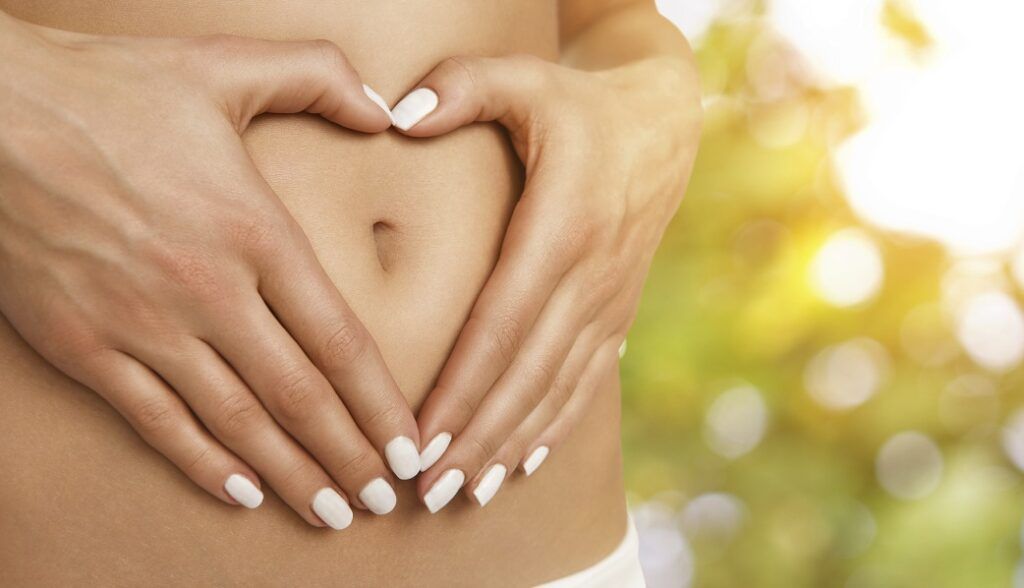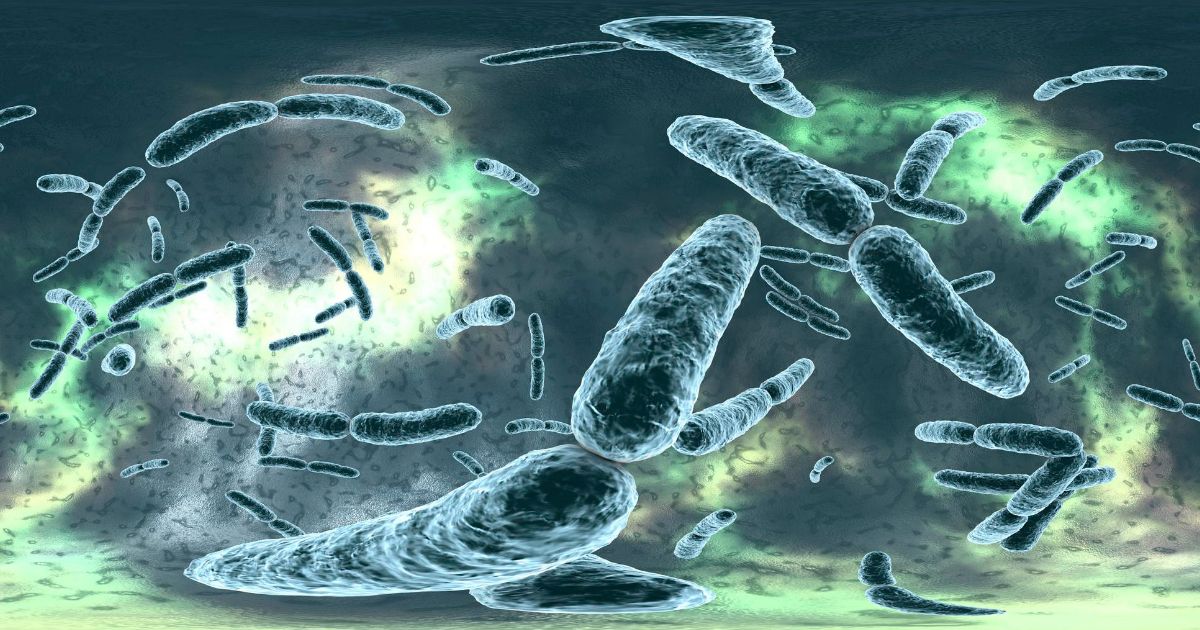Irritable Bowel Syndrome and your gut flora
IBS is a common chronic bowel disease. It is characterized by abdominal pain, abdominal cramps, problems with defecation, abdominal distention or flatulence. People with IBS often have diarrhea or constipation. It is estimated that the disease occurs in more than 10% of the Dutch population and up to 15% of North Americans 12.
Is Irritable Bowel Syndrome psychological?
A few years ago it was thought that irritable bowel syndrome was mainly psychological in nature. It was also a diagnosis for life. No root causes could be found and the pain could not be explained3.
I myself got this diagnosis when I was 13, although it was still called spastic colon at that time. Fortunately, these days I help my clients who have IBS and they make huge improvements. Although stress can certainly play a role, it is far from the only cause of this syndrome. I can proudly say that I have solved the majority of my complaints. And it used to be painful enough that I broke out in sweat because of my stomach cramps.
Do you want to know how? Then read on!
3 min read

What’s going on in your gut?
People with irritable bowel syndrome suffer from damage and hypersensitivity of the nerves surrounding their intestines. Because of this damage, you feel pain and discomfort in your abdomen that otherwise shouldn’t be felt. The intestinal peristalsis is also disturbed. These are the movements that intestines make to move along your digested food. This explains the diarrhea or constipation that people often have with IBS4.
Intestinal flora: cause of this damage?
In principle, a healthy gut should contain 36 trillion bacteria. These are more bacteria in your gut than a person has cells in his or her body. And of course these play vital roles in your health. They determine a significant part of our immune system, they play a role in the production of energy in the form of acids and B vitamins and they aid in digestion. They also keep the intestinal wall healthy5.
People with intestinal complaints have a unfavorable microbiome. This altered gut flora plays a major role in the development of irritable bowel syndrome6. Bad bacteria, fungi and parasites can all contribute to damage to the gut lining and surrounding nerves78.
What can you do about it?
First, it is important to adjust your diet. A low FODMAP diet can improve your intestinal flora and reduce complaints9, although I notice that the paleo diet or an autoimmune protocol diet also works. It is my experience that a suitable diet is very individual.
It must then be examined whether pathogens such as parasites in the intestines should be eliminated10. Unfortunately, not all parasites are included in lab tests these days, at least not in the Netherlands11. I also see with my clients that it is not easy to get rid of parasites, let alone to prevent reinfection.
Finally, it is important to rebuild the healthy intestinal flora with broad spectrum pre- and probiotics12. But beware that using these supplements too early can cause more complaints than improvement. At this stage too, it comes down to trail and error, so doing all this under the supervision of an expert would be advisable.
If you have any questions, feel free to ask them via the contact form or book a free consultation!
With warm regards,
Jerome Verbeek, naturopath
- https://www.mlds.nl/chronische-ziekten/pds-prikkelbare-darm-syndroom/wat-is-het/
- Saito, Yuri A, et al. “The Epidemiology of Irritable Bowel Syndrome in North America: A Systematic Review.” The American Journal of Gastroenterology, No Longer Published by Elsevier, 13 Aug. 2002, https://www.sciencedirect.com/science/article/pii/S0002927002042703.
- https://www.mlds.nl/chronische-ziekten/pds-prikkelbare-darm-syndroom/wat-is-het/
- S;, Chey WD;Kurlander J;Eswaran. “Irritable Bowel Syndrome: A Clinical Review.” JAMA, U.S. National Library of Medicine, https://pubmed.ncbi.nlm.nih.gov/25734736/
- MR;, Adak A;Khan. “An Insight into Gut Microbiota and Its Functionalities.” Cellular and Molecular Life Sciences : CMLS, U.S. National Library of Medicine, https://pubmed.ncbi.nlm.nih.gov/30317530/.
- Pimentel, Mark, and Anthony Lembo. “Microbiome and Its Role in Irritable Bowel Syndrome.” Digestive Diseases and Sciences, Springer US, 5 Feb. 2020, https://link.springer.com/article/10.1007/s10620-020-06109-5.
- BP;, Weingarden AR;Vaughn. “Intestinal Microbiota, Fecal Microbiota Transplantation, and Inflammatory Bowel Disease.” Gut Microbes, U.S. National Library of Medicine, pubmed.ncbi.nlm.nih.gov/28609251/..
- RJ;, Plichta DR;Graham DB;Subramanian S;Xavier. “Therapeutic Opportunities in Inflammatory Bowel Disease: Mechanistic Dissection of Host-Microbiome Relationships.” Cell, U.S. National Library of Medicine, pubmed.ncbi.nlm.nih.gov/31442399/.
- Altobelli E;Del Negro V;Angeletti PM;Latella G; “Low-FODMAP Diet Improves Irritable Bowel Syndrome Symptoms: A Meta-Analysis.” Nutrients, U.S. National Library of Medicine, https://pubmed.ncbi.nlm.nih.gov/28846594/.
- Cifre S;Gozalbo M;Ortiz V;Soriano JM;Merino JF;Trelis M; “Blastocystis Subtypes and Their Association with Irritable Bowel Syndrome.” Medical Hypotheses, U.S. National Library of Medicine, https://pubmed.ncbi.nlm.nih.gov/29857906/.
- https://www.nhg.org/themas/publicaties/laboratoriumdiagnostiek-diarree-volledige-tekst
- GA;, Dale HF;Rasmussen SH;Asiller ÖÖ;Lied. “Probiotics in Irritable Bowel Syndrome: An up-to-Date Systematic Review.” Nutrients, U.S. National Library of Medicine, https://pubmed.ncbi.nlm.nih.gov/31480656/.

